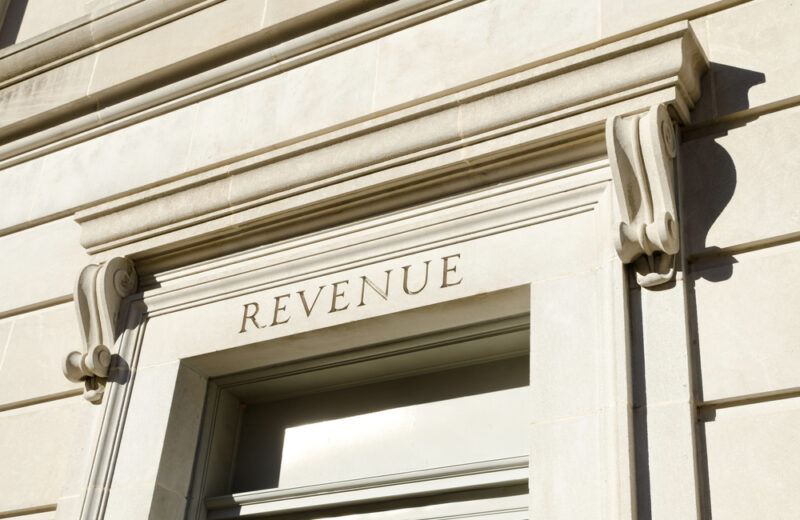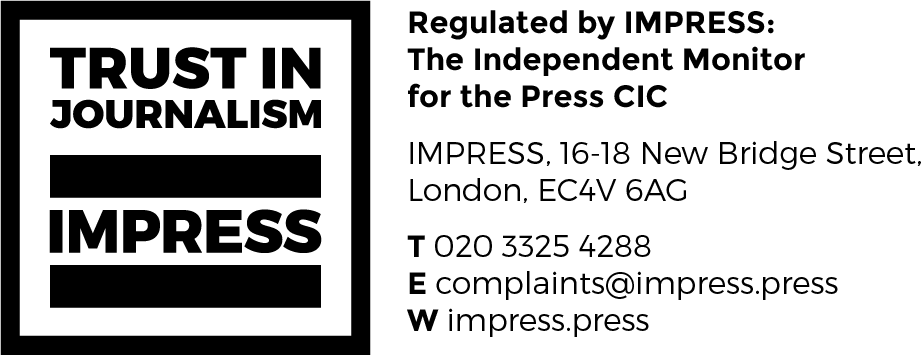When the IRS comes knocking for business jets

After being rich, bankrupt and then rich again, Samuel Clemens* knew a lot about tax. As he famously said: “The only certainties in life are death and taxes.”
This was demonstrated 100 years after Clemens died when an employee of a museum dedicated to him was found guilty of fraud. She was forced to repay taxes on the money she had stolen.
This week the US Internal Revenue Service (IRS) announced plans to start audits on dozens (its figure) of business aircraft involving personal use. It says these will be focused on aircraft used by large corporations, large partnerships and high-income taxpayers.
The agency is focusing on business deductions for aircraft expenses. These are allowed if an aircraft is used for business purposes. However, if the aircraft is also used for non-work reasons it can affect the company’s right to deduct some costs. The IRS says that record-keeping can be challenging.
“Personal use of corporate jets and other aircraft by executives and others have tax implications, and it’s a complex area where IRS work has been stretched thin,” said Danny Werfel, IRS commissioner, in a press release focused on corporate jets. “With expanded resources, IRS work in this area will take off. These aircraft audits will help ensure high-income groups aren’t flying under the radar with their tax responsibilities.”
It is not just the IRS. The Federal Aviation Association is also strongly opposed to business jets flying under radar.
The IRS says it can invest more resources into investigations thanks to funds from the Inflation Reduction Act. It says it could hire extra tax inspectors to focus on aircraft if it finds companies have been over-claiming.
“We are adding staff and technology to ensure that the taxpayers with the highest income, including partnerships, large corporations and millionaires and billionaires, pay what is legally owed under federal law,” said Werfel.
While no one suggests that business jet owners should avoid paying the correct amount of tax they owe, the National Business Aviation Association (NBAA) and others have questioned the tone of this campaign.
“Today’s announcement by the IRS amounts to nothing more than an audit in search of a problem”
“Today’s announcement by the IRS amounts to nothing more than an audit in search of a problem, and an attempt to broadly paint with a negative brush the thousands of US companies of all sizes that rely on business aircraft to effectively compete in a global marketplace,” said Ed Bolen, president and CEO, NBAA. “It is difficult to understand why the agency is suggesting that these companies – some of the most respected, well-managed businesses in the world – are not in compliance with applicable tax laws.”
The NBAA points out that directors at publicly traded companies routinely approve how staff use aircraft. Some businesses also require key employees to fly on business aircraft for safety and security reasons.
“One cannot say with any certainty that flygskam [flight shame] and heightened IRS scrutiny of corporate jet usage are directly connected – Aerlex has represented clients in IRS audits of their business jet ownership that occurred long before Greta Thunberg came on the scene – but I cannot help but feel that the IRS is responding, in part, to all the attention that has been given to high-profile private jet owners in recent years,” says Stephen Hofer, president, Aerlex Law Group.
As anyone who has walked through the cloud of mint watermelon fumes left by a vaper knows, there can be smoke without fire.
As anyone who has walked through the cloud of mint watermelon fumes left by a vaper knows, there can be smoke without fire.In 2017 reporting following the so-called Paradise Papers leaks was very critical about aircraft imported into the Isle of Man (it also looked at other offshore transactions in less humid islands like Antigua, Barbados and others).
The Isle of Man Government proactively invited the UK Treasury to review the processes used by its Customs and Excise regarding VAT treatment of aircraft and yachts. Two years later, the UK Treasury said it had found no specific cases of wrongdoing but did make some recommendations about monitoring deals which have been accepted and incorporated.
“Business aircraft owners should consider auditing their previous deductions for compliance with the applicable tax laws, analysing the after-tax value of deductions against the potentially high cost and invasiveness of an IRS audit, and seeking advice from professionals involved specifically in business aviation taxes to avoid errors in deducting expenses for personal use of, and aircraft depreciation deductions pertaining to, their aircraft,” says David Mayer, partner, Shackelford, Bowen, McKinley & Norton.
“Put your IRS auditor’s hat on before the IRS auditor arrives at your door.”
Aerlex’s Hofer agrees. “Business jet owners would be well advised to take this as both an advance warning and a wake-up call. Now would be a very good time to re-examine your business jet ownership and usage, both at the corporate accounting and flight department levels. Consider taking a careful look at your record-keeping and accounting for your airplane, both retrospectively and prospectively,” he says. “Put your IRS auditor’s hat on before the IRS auditor arrives at your door. Do an internal audit of the deductions you’ve taken and are taking, the expenses you are booking, and make certain you are comfortable that what you’ve recorded would pass muster if the folks from the IRS actually do show up.”
There is a definite advantage in getting ready before the IRS knock on your hangar. To update another of Clemens’ famous tax sayings: There is never a convenient time for tax audits, colonoscopies or root canals.
*He changed his name to Mark Twain for tax reasons.
Subscribe to our free newsletter
For more opinions from Corporate Jet Investor, subscribe to our One Minute Week newsletter.








